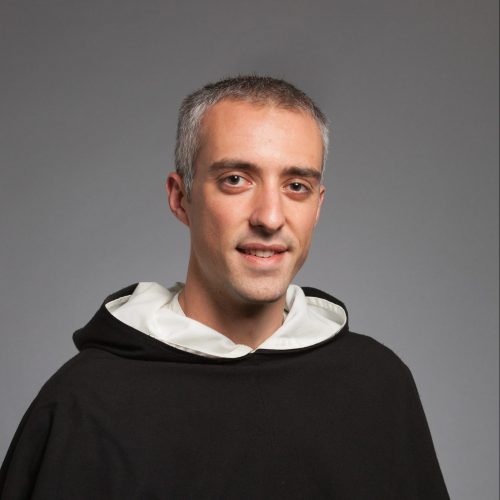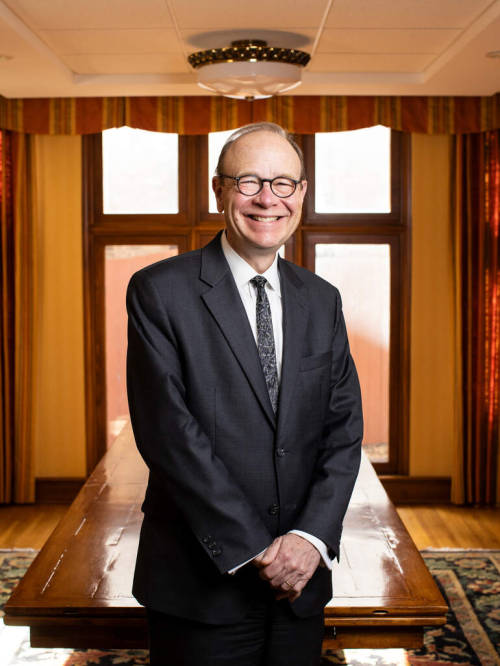Where are you from?
I grew up in Canada (around Vancouver) and the Netherlands.
Why did you pursue a career in theology?
“Already in high school I found theological questions
not only interesting, but deeply significant.
As an undergraduate I discovered academic life to be invigorating and
enriching. I loved conversing with
classmates, taking in lectures from professors, and enjoyed the academic work
required. The ambiance of campus life
during my undergraduate years was very positive and I was attracted to the idea
of working in such an academic community.
However, it was only as a graduate student (first at Ave
Maria University and then at the University of Durham) that I came to think of
academic theology as not simply a subject that I enjoyed and with which I had
some facility so as plausibly to make a living, but as calling, a
vocation. I had to stop and think
seriously about what it means to be a "theologian.” How do I live out that vocation? If God blessed me with the temperament,
skills, and resources to make the disciplined and systematic engagement of
revelation my life’s work, how could I best do so in His service? With much advice and direction, I came to see
that there are two fundamental things involved in being a theologian. (And, I continue to work on both of
these.) First, striving to contemplate
with wonder and rigor the truths of revelation. Second, handing on such truth
to students in a winsome and compelling manner such that they desire to make
the truth their own.
How long have you been a professor?
About twelve years. I taught at St. Bonaventure University
for five years before coming to Ave Maria in 2017.
What classes do you teach, and which is your favorite?
I teach at different levels, and each has its own joys.
I enjoy teaching Sacred Doctrine which is a class for
sophomores and serves as an introduction to theology. It is important to help students see how the
mysteries of the faith connect with one another.
I enjoy teaching an MA class on the theology of
Augustine. It is difficult to
overestimate the theological significance of Augustine.
I also regularly lead a PhD seminar on the Greek
Fathers. Certain anthropological and
theological suppositions of the Greek Fathers are quite distinct from our own,
which is a delight to explore.
What are your research interests and what are you
currently working on?
My research focuses on Patristic theology, especially fourth
and fifth century Latin Christianity and the thought of Augustine. I’m currently writing a book on Augustine and
the vision of God. Also, I’m interested
in theology of Aquinas, particularly how he speaks about experiential knowledge
of God.
What is the best book you’ve read this year?
I just finished reaching Peter Kwasniewski’s book “The
Ecstasy of Love in the Thought of Thomas Aquinas.” It was a superb read!
What hobbies do you enjoy beyond your academic pursuits?
I enjoy traveling with my family: exploring new places with
my children. I also enjoy cycling and distance running.






